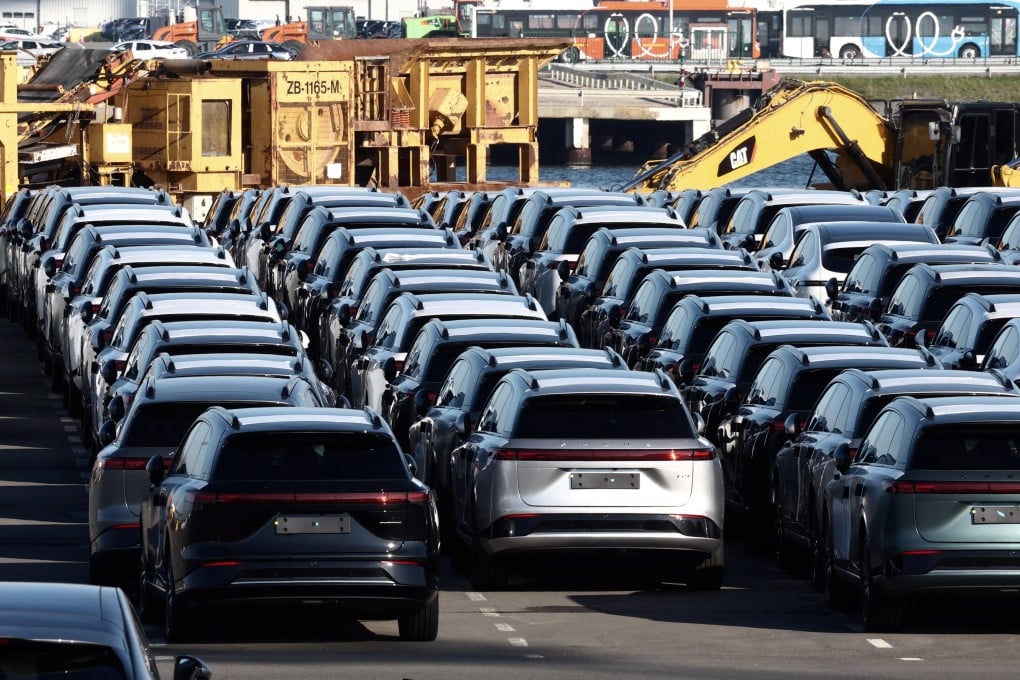Letters | A green cold war with China won’t help Europe and the climate
Readers discuss the impact of Europe’s tariffs on Chinese EVs, and better solutions to Hong Kong’s ageing problem

Feel strongly about these letters, or any other aspects of the news? Share your views by emailing us your Letter to the Editor at letters@scmp.com or filling in this Google form. Submissions should not exceed 400 words, and must include your full name and address, plus a phone number for verification
In announcing the duties, European Commission executive vice-president Valdis Dombrovskis spoke of the EU’s “open, fair and rules-based trade”. However, by putting up barriers to China’s green technology, Brussels risks damaging Europe’s economy, weakening its fight against climate change and harming its population.
The uneven duties on EVs on top of the standard 10 per cent import duty have been described as “measured”. Such analysis ignores the impacts of these measures on the battle against climate change.
Seeing China’s climate contributions solely through a geopolitical lens cannot take credit away from how its development of a robust EV industry has bolstered the world’s hopes of achieving a clean energy transition.